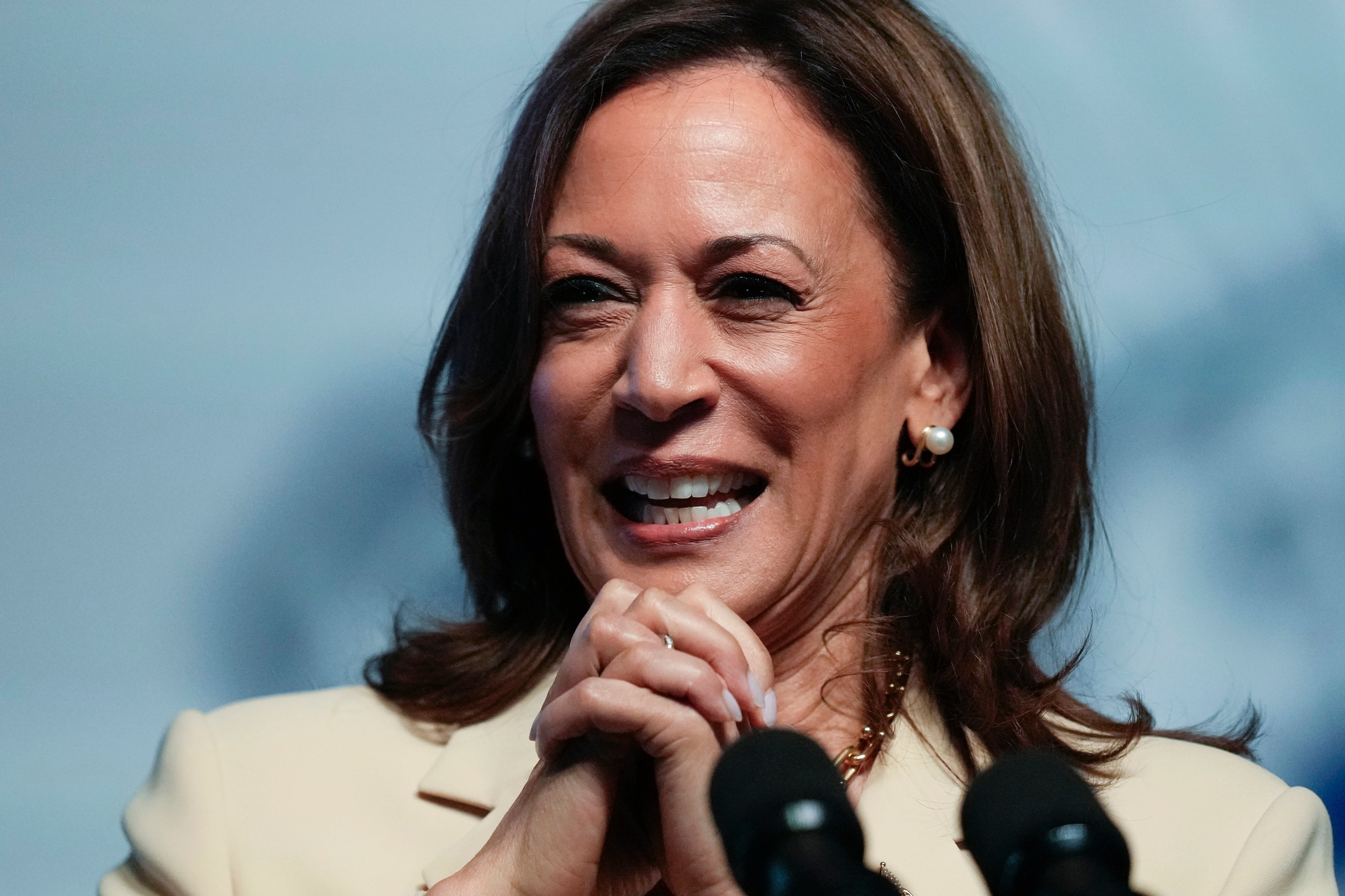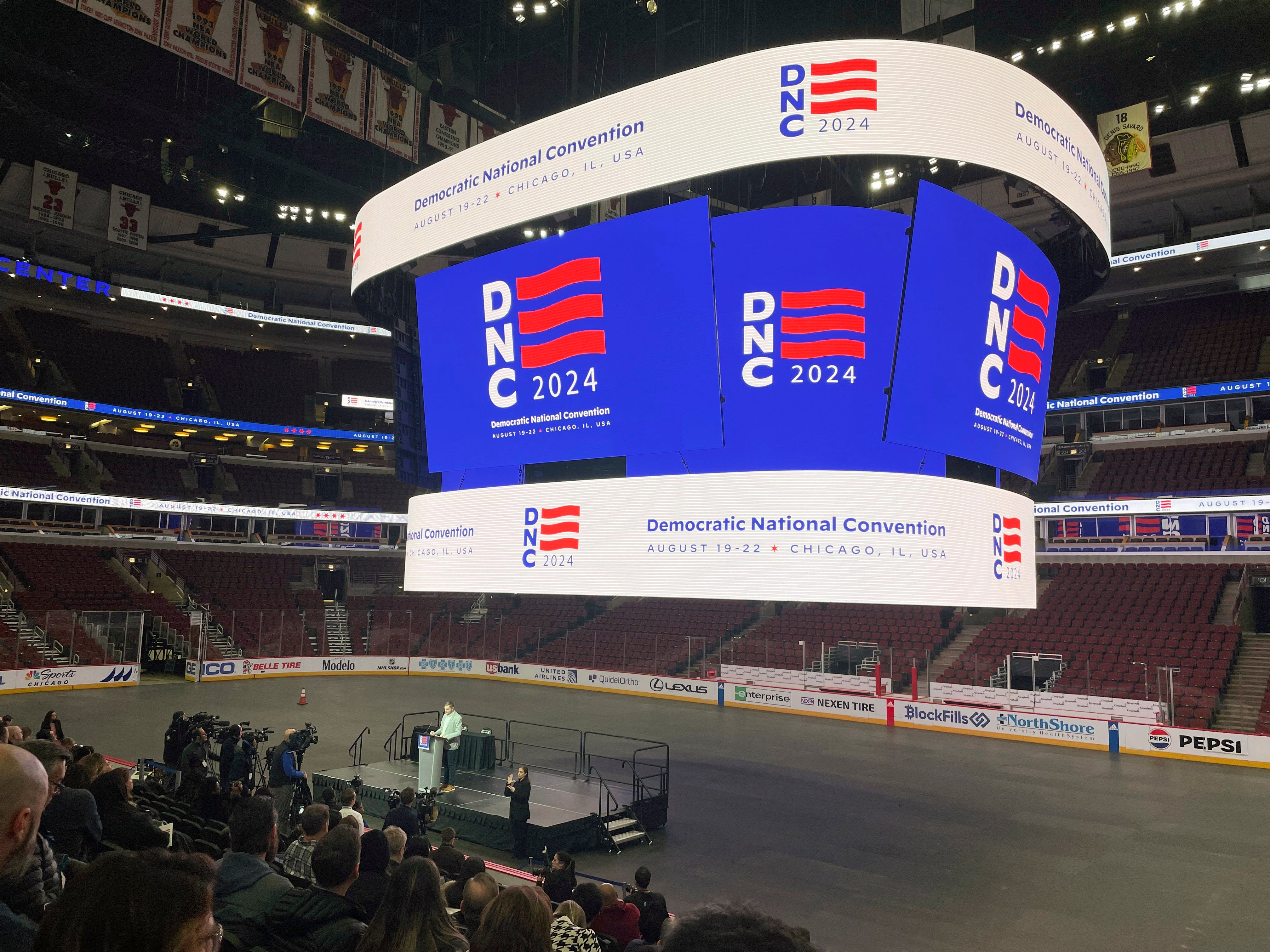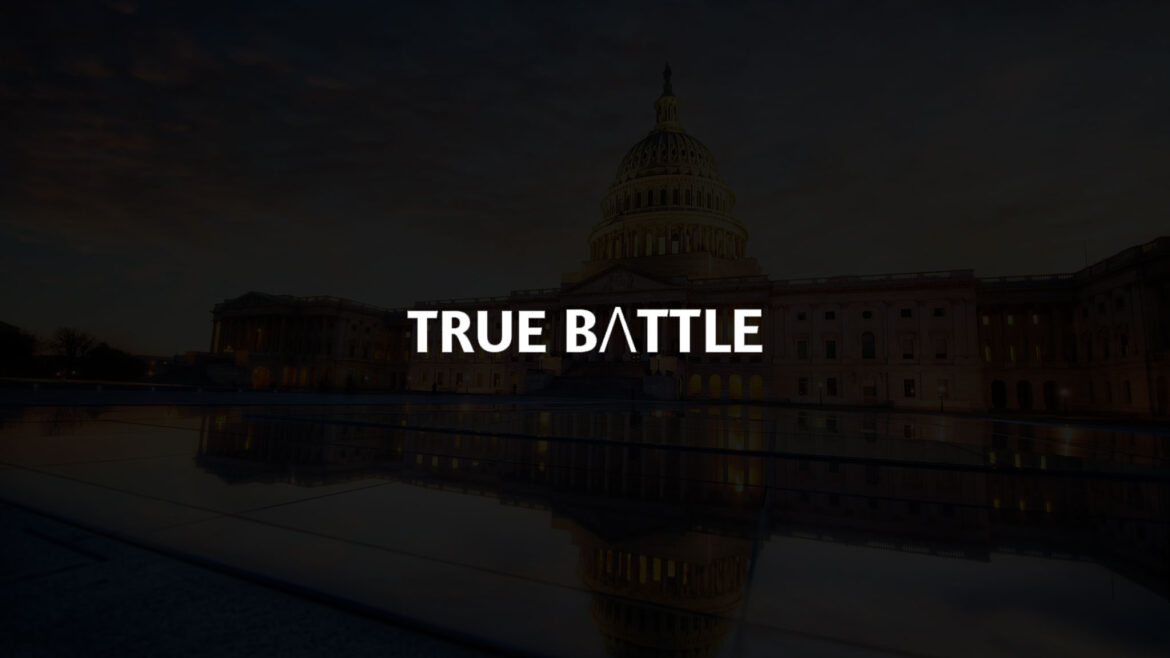With just over two weeks to go before the Democratic National Convention, the party’s virtual roll call, during which Kamala Harris is expected to become the party’s official nominee, is underway.
The vice president is expected to run unopposed, and so the voting process is underway today and runs through August 5. The party convention, which runs from August 19 to 22, will take place in Chicago.
A virtual roll call means that should all go to plan for her, an in-person roll call and Harris’ subsequent nomination at the DNC will be largely ceremonial. The roll call vote is needed to ensure Harris meets state deadlines for being put on the ballot.
Once the virtual roll call begins, each of the voting delegates will receive a personalized and watermarked form to cast their vote – which they must do within 24 hours. The DNC will then tally the votes and share the full results after the roll call is closed.
The DNC also says there will be an outbound phone-based campaign to inform the thousands of delegates about the timing of the process.

“Each roll call form has a range of security features to establish the authenticity and accuracy of each vote. Clear instructions and technical support will be provided to delegates,” the DNC has said.
The virtual proceedings will allow Harris to get the party’s formal nod and will be very similar to the process used in 2020 when the convention went virtual because of the Covid-19 pandemic.
The virtual roll call allows for multiple rounds of voting if neither Harris nor a potential challenger reaches the majority threshold of 1,976 pledged delegates on the first ballot.
Prior to the announcement that he would be ending his campaign for reelection, almost all of the nearly 4,000 Democratic delegates were pledged to Joe Biden following his domination in the state primaries.

Though Biden officially endorsed Harris to succeed him as the Democratic nominee, the delegates did not automatically transfer to her. Under convention rules, those already-pledged Biden delegates are now effectively free agents who are not formally obligated to support his vice president.
A candidate needs at least 300 signatures from delegates at the convention, with no more than 50 delegates pledged per state.
Automatic delegates or “superdelegates,” such as Democratic governors, members of Congress and former presidents, also have a vote in the roll call, though their vote will not count in the first round of the process unless a single nominee wins majority support of the pledged delegates.
Harris already appears to have obtained the support of the required amount of delegates, with a survey by The Associated Press revealing she had secured well more than the 1,976 required to win on a first ballot shortly after being endorsed by Biden.
Several state delegations met one day after Biden’s announcement to confirm their support for Harris, including Texas and her home state of California.
California state Democratic Chairman Rusty Hicks said 75 percent to 80 percent of the state’s delegation were had unanimously supported Harris.
Read the full article here

